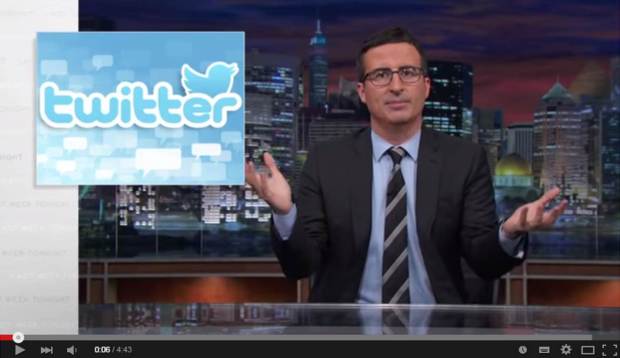
Online news outlets: Who is accountable for anonymous comments?
Reading an article in The Guardian on ‘Twitter abuse’ caused me to ask the question:
Are social media sites a platform for unrestricted communication? Or do they acquire the legal responsibilities of a publisher?
An ethical issue that I consider particularly significant is related to not only social media, but media outlets too, where the comments section allows for anyone to anonymously have their say on articles and stories that have been published.
Continue reading →









